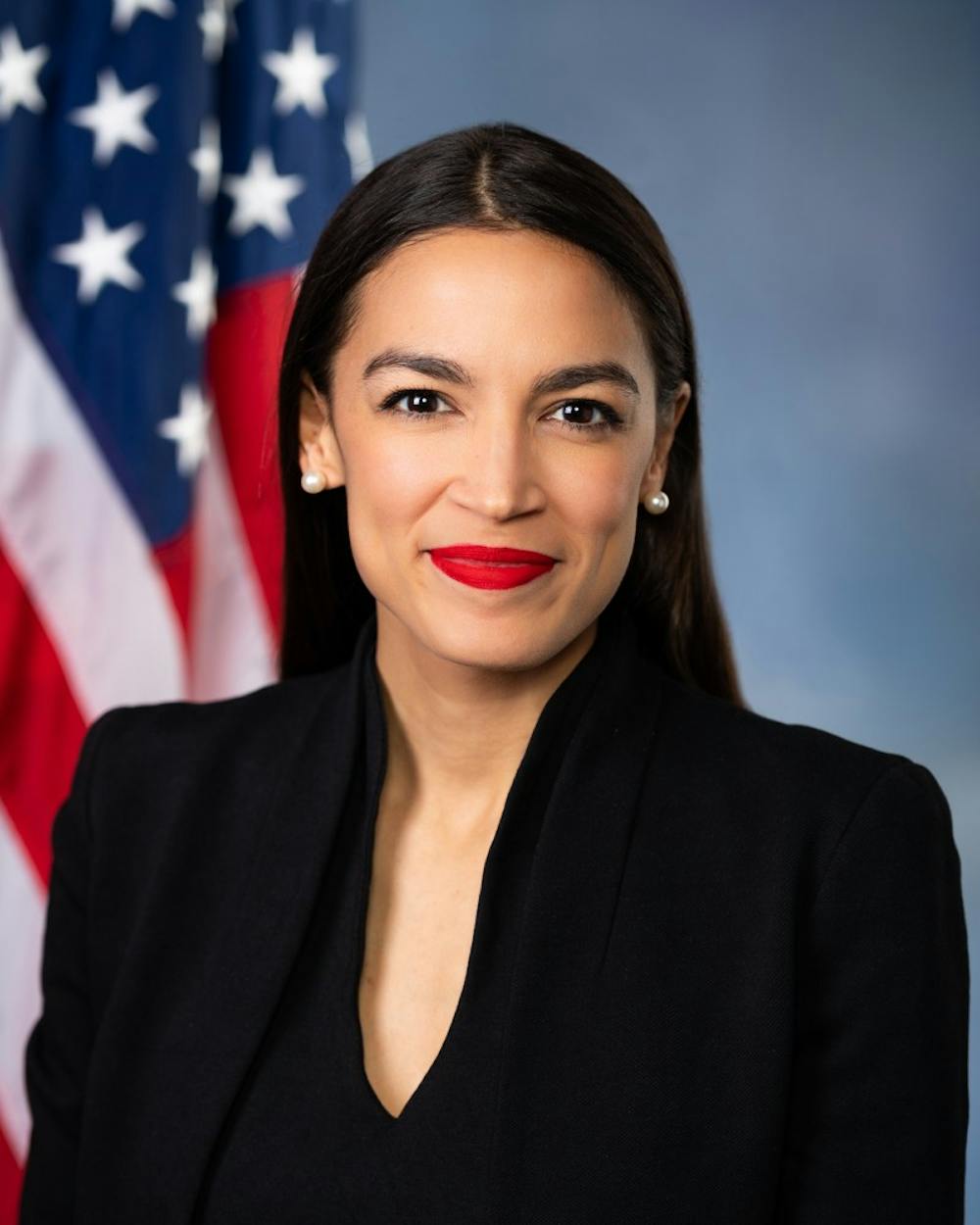Ever since her defeat of former Rep. Joseph Crowley (D-N.Y.) last June, 29-year-old Alexandria Ocasio-Cortez — the youngest congresswoman to take office in American history — has made it her goal to normalize the term “democratic socialism” within American political debate. Her platform carries a Green New Deal, a Medicare-for-All proposal and a guaranteed job plan for all Americans to be paid for by her proposed 70 percent marginal tax rate, among other tax increase proposals. In defense of these radical ideas, Ocasio-Cortez has consistently referred to Nordic countries as successful democratic socialist models which the U.S. should seek to emulate. But before progressive voters jump on board with Ocasio-Cortez’ socialist utopia, it’s important for them to take a deeper look into what her so-called “democratic socialism” actually entails.
Contemporary advocates of democratic socialism typically reject Maoist China, the Soviet Union, Cuba and Venezuela as flawed interpretations of socialism correctly understood. For those who attempt to create a stark distinction between “democratic” socialism and “historical misinterpretations” of socialism, we must remember that adjectives wield little power over ideology. The word “democracy” cannot always serve as a protective force against the extreme concentration of power that inevitably results from socialism. Despite the Democratic Socialists of America’s strategic modification of their ideology as “democratic,” we must not forget that in practice, socialism inescapably erodes democracy and curtails individual liberty in the name of the common good. Ocasio-Cortez and the DSA movement are attempting the impossible task of reconciling socialism with democracy, two ideals which I believe cannot mutually coexist.
DSA defines its ideology as a system in which “social and economic decisions [are] made by those whom they most affect.” Although this rhetoric may sound appealing, it ultimately breaks down to majoritarian ownership and management of the means of production. Despite the myriad socialist catastrophes that historically killed millions of people worldwide, socialism has remained attractive as a political ideology, particularly among millennials. According to a recent study conducted by Harvard, 33 percent of American 18- to 29-year-olds support socialism, a radical increase from recent decades. A huge factor that has increased youth support for socialism is the way the ideology is rhetorically framed by political figures.
In a recent 60 Minutes interview with Ocasio-Cortez, Anderson Cooper posed the question, "When people hear the word socialism, they think Soviet Union, Cuba, Venezuela. Is that what you have in mind?" In response, the new congresswoman stated, “What we have in mind — and what of my — and my policies most closely resemble what we see in the U.K., in Norway, in Finland, in Sweden." Unfortunately for Ocasio-Cortez, the mere fact that these countries have expansive welfare states does not logically place their governments under the umbrella of democratic socialism.
Despite Nordic countries’ redistributive welfare programs, the means of production in these countries are primarily privately owned. Two thirds of roads in Sweden are privately owned and operated, not to mention the country’s adoption of a universal school choice system. In contrast to Ocasio-Cortez’s ideal expansion of social security, Sweden has partially privatized its social security and pension programs. We cannot conflate democratic socialism with Nordic social democracies because these governments depend on free market capitalism in order to function, a reality which conflicts with the DSA’s ideal majoritarian “social ownership” of corporations. So in her vocal support for Nordic governments, it appears that Ocasio-Cortez is either unknowingly endorsing free market capitalism, or she has no idea what her version of “democratic socialism” actually entails.
Not only has Ocasio-Cortez proven incapable of presenting a coherent definition of democratic socialism, she has also gained significant media attention for many other factual errors. When a congresswoman publicly says — “I think there’s a lot of people more concerned with being precisely, factually and semantically correct than about being morally right” — that should be a red flag. Unfortunately for Ocasio-Cortez, the factual precision of economic policy proposals is indispensable to the preservation of democracy and government accountability.
If Ocasio-Cortez and her supporters want to imitate the Nordic welfare model, then so be it, but they shouldn’t slander it by calling it socialism when it’s not. Misrepresenting Nordic countries as democratic socialist archetypes is an inaccurate ruse to convince Americans — and millennials in particular — of the merits of socialism. As Reason’s David Harsanyi articulates, “if all you really champion are some higher taxes and more generous social welfare, stop associating yourself with a philosophy that usually brings destitution and death.”
Although conservatives have clearly taken the lead in tearing apart Ocasio-Cortez’ legislative proposals in the media, the onus is also on moderate liberals to distinguish her ideology from contemporary liberalism so that her self-proclaimed democratic socialism doesn’t slither its way into the liberal mainstream. However, if you are in fact a supporter of Ocasio-Cortez, then be prepared to defend and define what “democratic socialism” actually means.
Audrey Fahlberg is an Opinion Editor for The Cavalier Daily. She can be reached at a.fahlberg@cavalierdaily.com.







